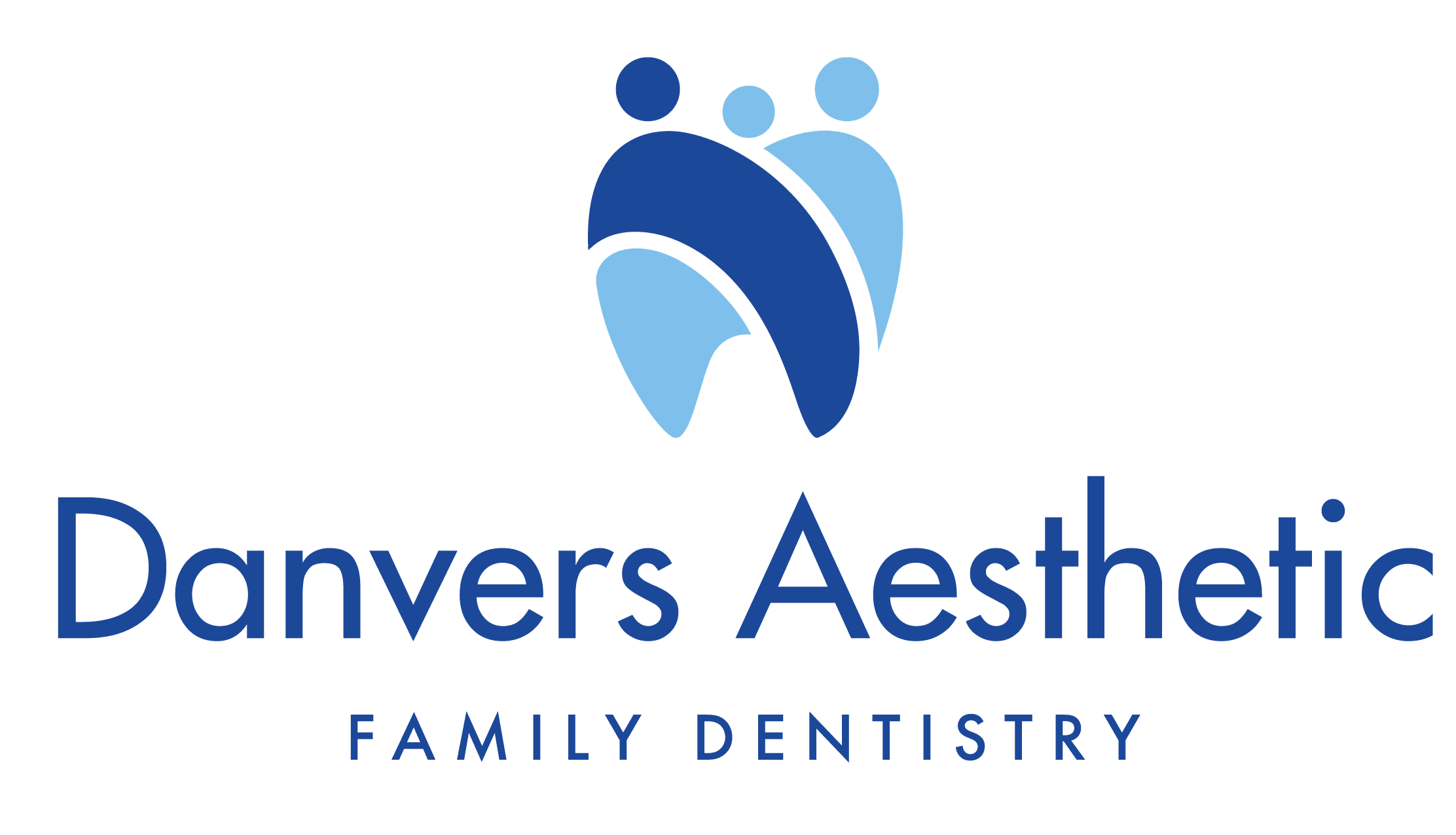Many parents have come forward with their concerns regarding bruxism, or teeth grinding, by their children. Depending on the source, 6% to 50% of children have nightly bruxism, while 95% of adults grind their teeth at some point in their lives. Read on as we discuss bruxism today and learn about it.
What to Know about Bruxism (Teeth Grinding)
Bruxism is the dentistry term for teeth grinding and jaw clenching. Bruxism can affect both children and adults at any age. There are also studies that have found that there is a link between sleep bruxism (SB) and medical issues such as obstructive sleep apnea (OSA).
While mild teeth grinding may not necessitate expert treatment, know that this can cause issues in the future. Thus, you should seek expert help for your child. Patients who are oblivious to their illness may miss subsequent complications.
Teeth Grinding in Children
Teeth grinding in children, first and foremost, has no known cause. It could be due to physical, genetic, or psychological factors.
Children may grind their teeth due to allergies, missing teeth, crooked teeth, an incorrect bite, or oral irritations, according to the ADA’s Mouth Healthy page. Stress may be a factor, especially if your child has been through big changes.
The Risks of Bruxism
Although we do not know what causes bruxism, risk factors can be identified. Younger children are more likely to grind their teeth.
Some psychiatric medications, particularly antidepressants, can increase the likelihood of teeth grinding. Thus, it has been found that there is a link between bruxism in children and mental health issues, ADHD, and heredity.
The Harm of Bruxism
Grinding your teeth can cause problems with your bite, your natural eating, and your digestion. Extensive tooth wear may need the use of crowns, bridges, or dental implants.
In the short term, teeth grinding can result in aching jaws, loose teeth, and dental discomfort. Tooth loss, malocclusion, hearing loss, and TMD are all consequences of bruxism. Teeth grinding may result in facial changes.
Moreover, teeth grinding can cause headaches and earaches. If your child complains of headaches and earaches, find out if he or she grinds his or her teeth while sleeping. Tooth grinding is bad for your teeth and your general health.
Bruxism Pediatric Dentists
Young patients rarely recognize they grind their teeth unconsciously. It is likely that siblings and parents are the ones who notice when a child requires assistance. Fortunately, with pediatric dentistry, your child’s teeth can be fully examined for uneven enamel wear, chipped teeth, and tooth pain.
Following a physical examination, a pediatric dentist questions the patient about his or her medical history and habits. Such questions can also assist parents in identifying additional risk factors for their child’s teeth grinding. The pediatric dentist may ask the child if chewing is painful for them, if the patient is feeling stress from school or home, and if there are other concerns regarding toothaches.
The Recommended Treatment
Children who are experiencing bruxism often outgrow this problem, but parents and pediatric dentists can help with its treatment. Constant jaw clenching and grinding of the teeth can result in tooth wear and face or jaw pain.
It is recommended that the child should wear a custom-made nightguard to prevent excessive grinding. Some therapies and medications can help manage the symptoms of sleep bruxism, preventing tooth damage and relieving pain.
If your child develops TMJ or TMD, he or she may require coordinated dental care. Early intervention can prevent long-term problems.
Conclusion
While teeth grinding may be common in both children and adults, know that there is usually an underlying meaning to it. This is why it’s crucial that we seek expert opinion and medical assistance. With the right direction, we can prevent further damage to the dental health of our children.
Are you in need of a pediatric dentist in Danvers, MA? Danvers Aesthetic Family Dentistry is here to offer you high-quality dental services to keep your teeth healthy, clean, and beautiful. Contact us today to learn more!

